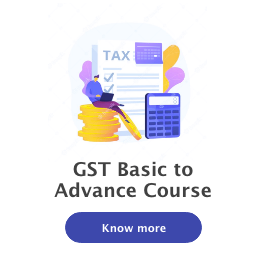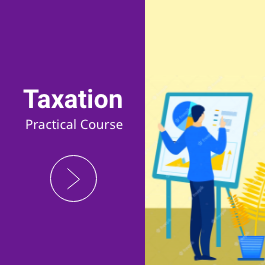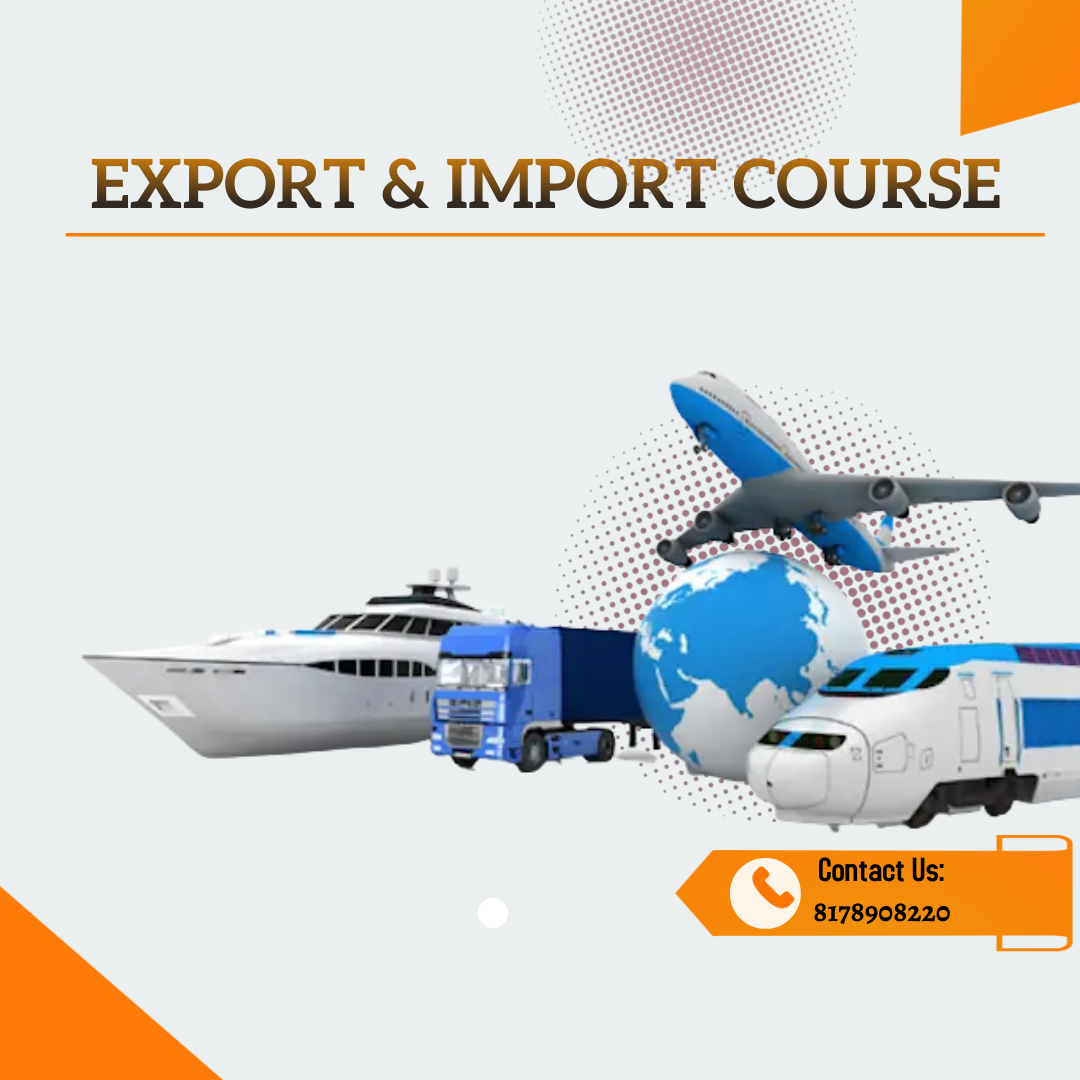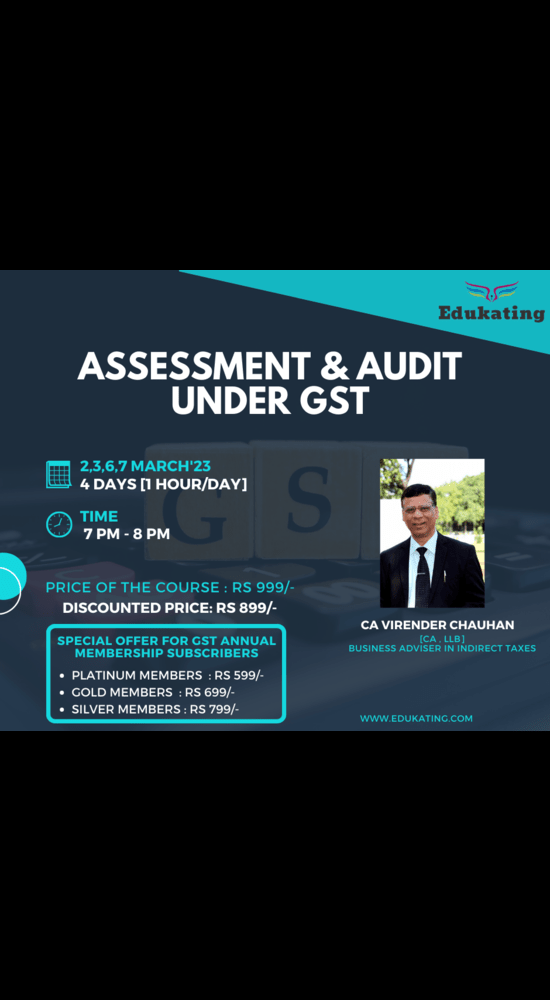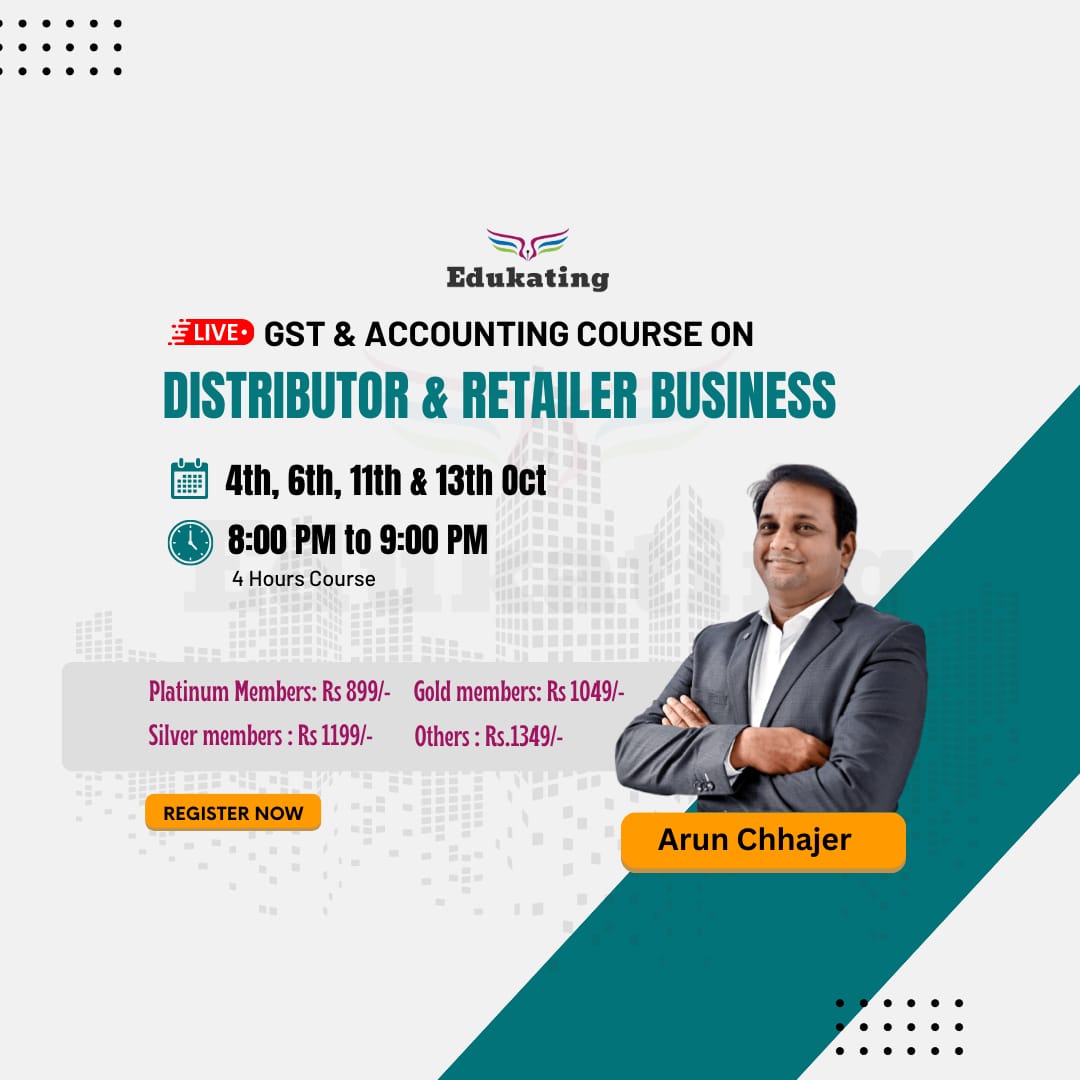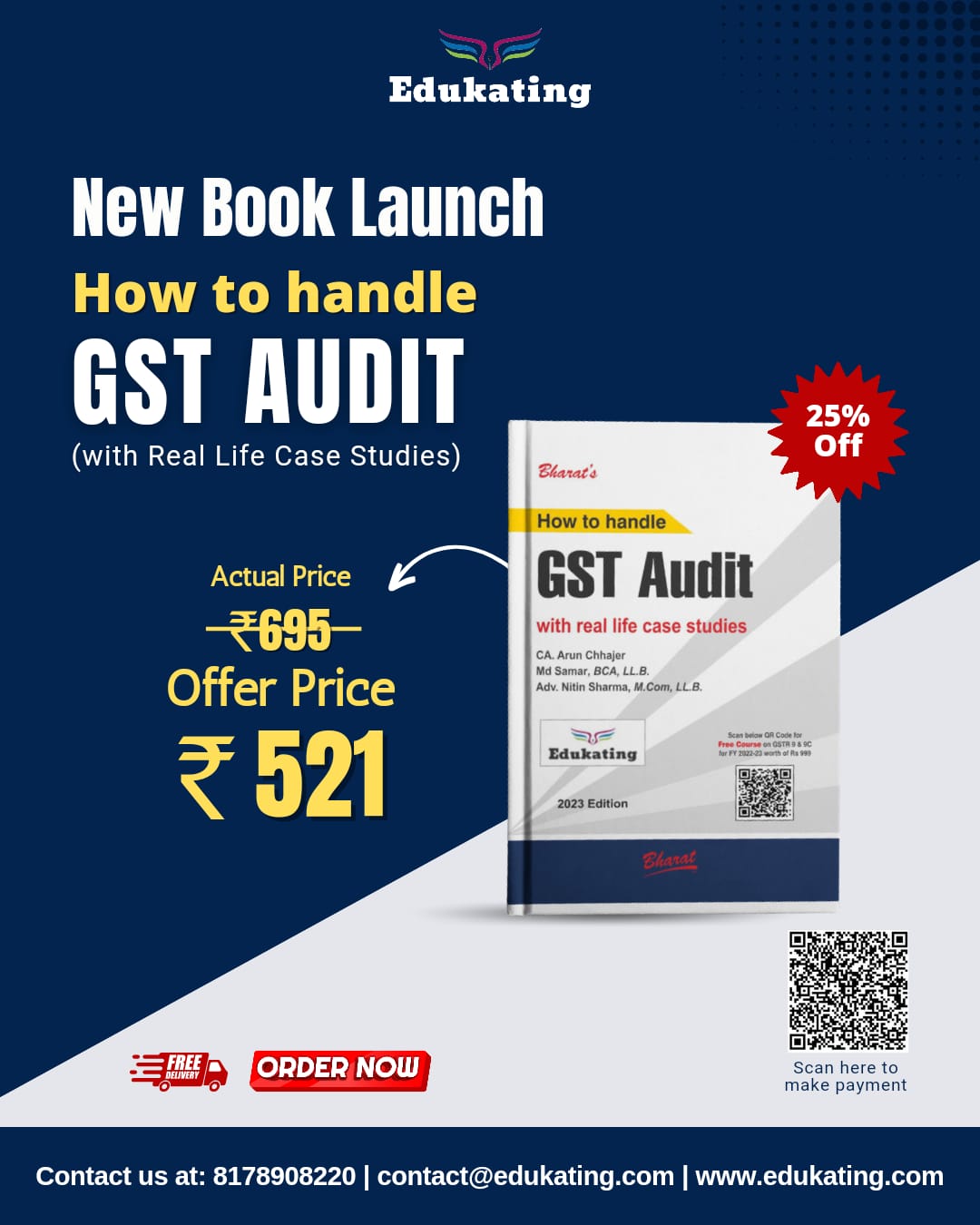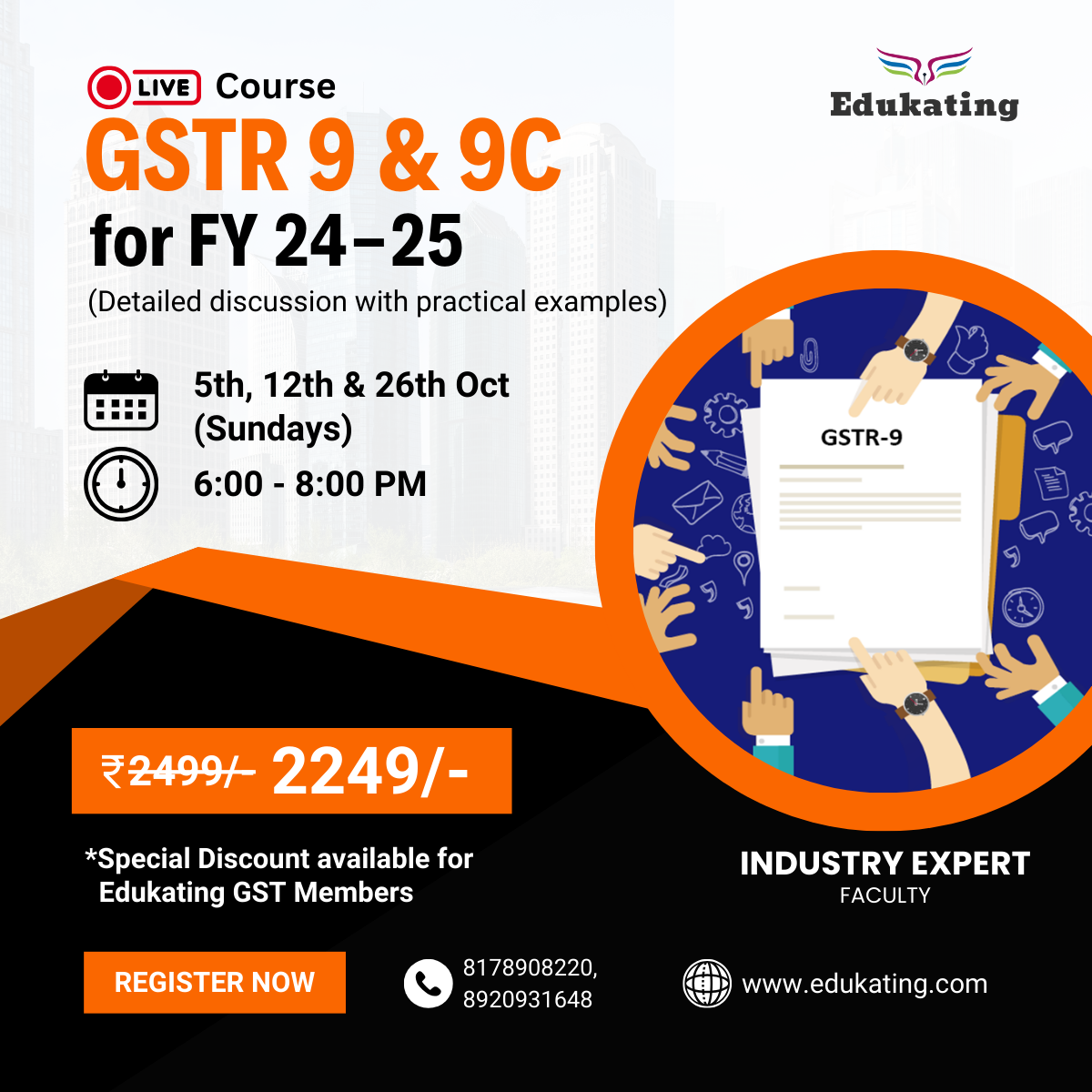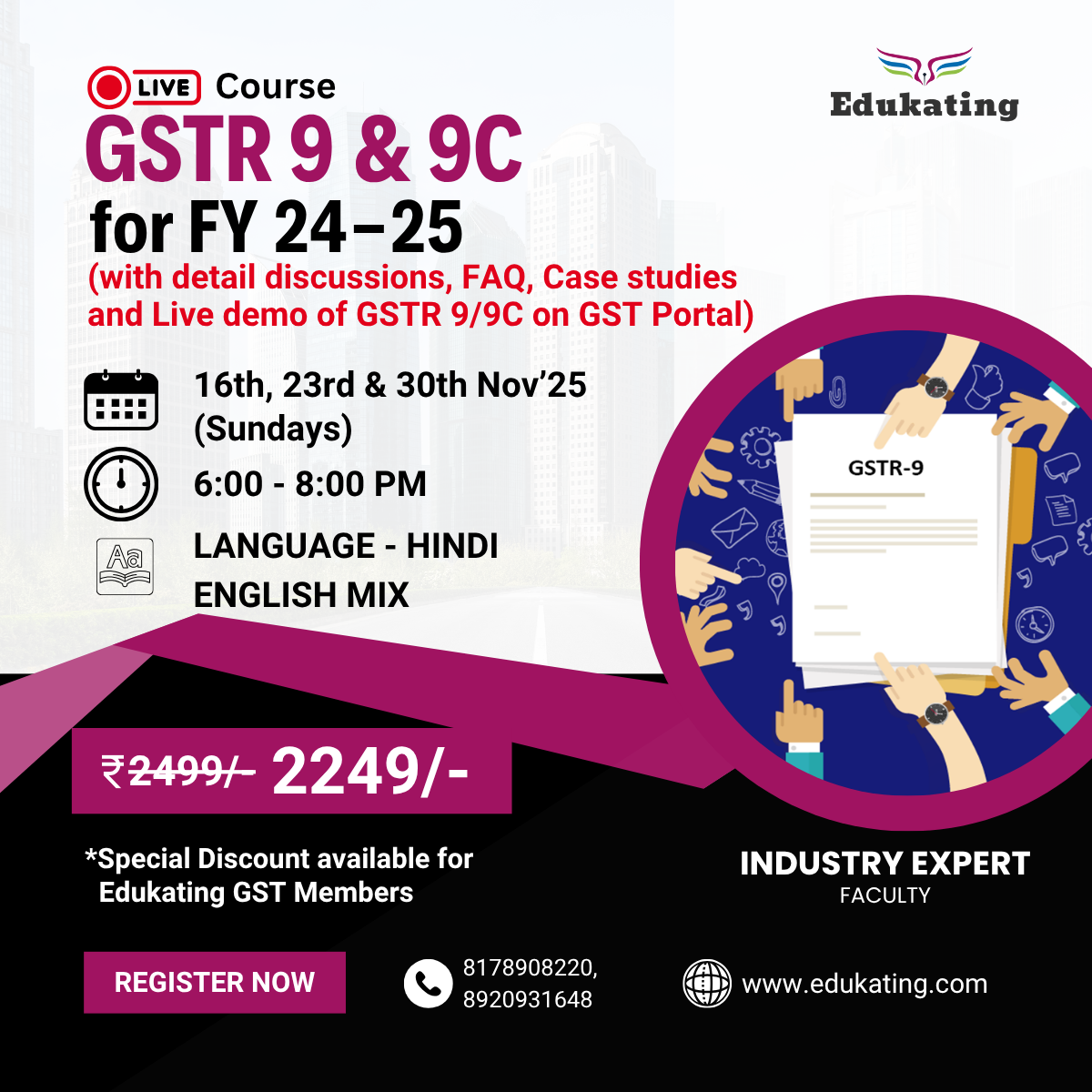Input Tax Credit - Meaning, Conditions to avail, documents required, and more
What is Input Tax?
An Input tax refers to the tax paid by a taxable person on an inward taxable supply of goods or services or both. The inward supply shall mean receipt of goods or services or both by way of purchase, in the course or furtherance of business, whether with or without consideration.
What is an input tax credit?
An input tax credit means availability of input tax, paid by the taxable person, as a deduction from the tax payable on an outward supply of goods or services or both.
To take an example, let’s say, Mr. X made an inward supply of goods for Rs. 10000 on which GST is 18% i.e. Rs. 1800. Then Mr. X made an outward supply of goods for Rs. 20000 on which the GST is again 18% i.e. Rs. 3600. Now the GST payable on outward supply is Rs 3600 whereas the input tax paid is Rs. 1800, which can be claimed as an input tax credit and deducted from Rs. 3600. The net GST payable would be Rs. 1800 (3600-1800).
Who is Eligible to Claim ITC and What are the Conditions to Avail ITC?
Section 16 subsection (1) of the CGST Act 2016 provides that only a registered person can claim ITC on account of the supply of goods or services in the course or furtherance of business.
Further various conditions have been prescribed under Section 16 Subsection (2) of the CGST Act 2016. To claim ITC it is necessary to fulfill all the following conditions:
-
Tax invoice is in possession of the registered person
-
Goods or services or both have been received by the registered person
-
The tax charged in respect of the supply has been paid by the supplier to the government
-
All the periodical returns have been furnished by the registered person
-
If the goods are received in lots or installments, then the ITC can be claimed only on the receipt of the last lot or installment.
-
If depreciation has been claimed on the tax component of the capital goods then no ITC will be provided
-
Payment of invoice should be made by the recipient to the supplier within 180 days from the date of invoice.
Restriction for availing ITC
Under the GST law, a restriction is imposed on the registered person in respect of availing of ITC. Rule 36(4) of the CGST Act 2017 provides for such restrictions on the registered person. According to this rule, no ITC shall be availed by the registered person in respect of any invoice or debit notes the details of which are required to be furnished under subsection (1) of section 37 unless-
-
The details of such invoices or debit notes have been furnished by the supplier in the statement of outward supplies in GSTR 1 or IFF and
-
The details of such invoices or debit notes have been communicated to the registered person in GSTR 2B.
Now as per this amended rule, no provisional ITC will be provided to any registered person. The ITC available will be restricted to the extent of ITC reported in GSTR 2B. Until 31st December 2021, a registered person could claim provisional ITC of up to 5% of the ITC available in GSTR 2B. But this benefit of provisional ITC has been suspended from 1st January 2022.
Reversal of ITC
The GST law provides for various circumstances under which the registered person needs to reverse the ITC already claimed by him. This means that he needs to add the amount of ITC availed to his output tax liability and pay to the government.
Reversal of ITC shall be required in the following cases:
-
Non-payment of tax within 180 days from the date of invoices. If the registered person fails to pay the amount of tax, within 180 days from the date of invoice, to the supplier then the ITC availed by him shall be reversed. However, he can again claim the ITC after making the payment of tax.
-
If the registered person is switching from a normal scheme to a composition scheme. A person registered under the composition scheme is not eligible to claim ITC. Hence if any person is switching to a composition scheme, he is required to reverse all the ITC claimed by him as a normal registered person.
-
If the supply of goods is partly for business purposes and partly for personal use or exempt supply then ITC related to the personal use shall be reversed proportionately.
-
If the taxable supply becomes an exempt supply on account of any circular, notification, judgment, ruling.
-
If the registration has been canceled or suspended.
Documents Required to Claim ITC
The following documents are required to be filed by the registered person in order to claim the ITC:
-
Invoice issued by the supplier of goods or services or both
-
Invoice issued by the recipient in case of reverse charge, along with proof of payment of tax.
-
A debit note issued by the supplier
-
Bill of entry
-
Invoice or credit note issued by the Input Service Distributor
-
Revised invoices
Time limit for availing of ITC
The registered person can avail ITC only up to earlier of the two dates i.e.
-
The due date of furnishing of return for the month of September following the end of the financial year to which invoice or debit note relates or
-
The date of furnishing of the relevant annual return




